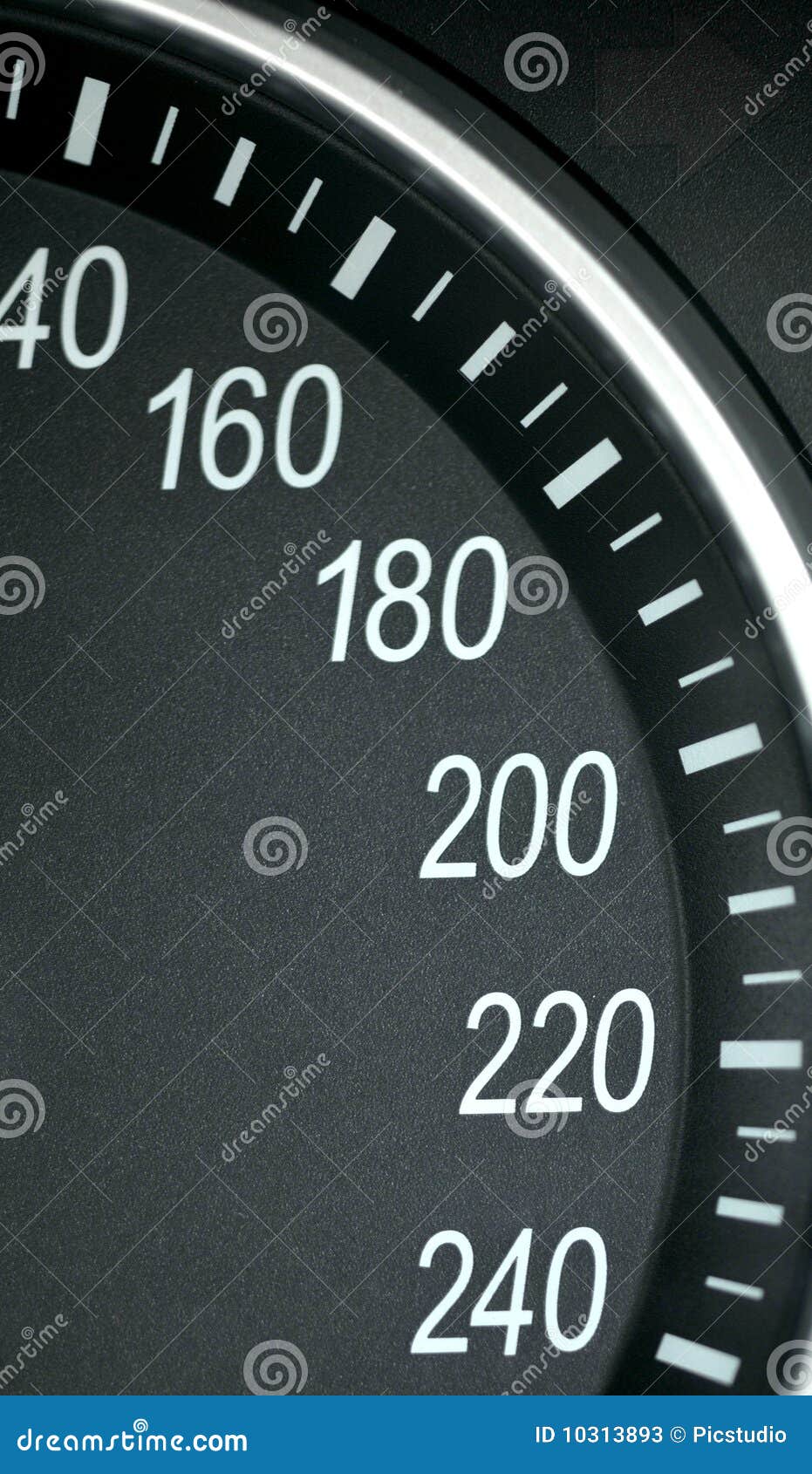

Can Speed Cameras Work? Photo courtesy of Wikimedia Commons Images by Dean Molyneaux In short, what this study concluded, was that speeders will always revert to the unusual driving habits despite a temporary behavioural change. Only 21% of those who took the course compared to 23% who are the files are likely to re-offend within three years.6 months after the course, the participants are 23% less likely to be caught speeding.While the usual punishment for speeding is to get a fine or demerit points, a speed awareness training will be more effective.Īccording to a study by IPSOS, approximately 2.2 million motorists in UK choose the speed awareness training for only 192,000 tools to take the penalty points or fine. Unfortunately the law enforcement have not given much credence to these arguments. The condition can also apply when there are roadworks, or when people driving from rural to urban speed zones.Īn interruption such as a green light will kick start this cognitive process.
#Speed zone driver
The government has put no cues to remind them that they are in school zone and so a reminder will suffice if they are to obey the school zone driving rules.Īnother example of prospective memory error is when the school kids are not visible in school zones, the driver will assume automatically that he needs to drive as usual.
#Speed zone drivers
One study of school zone driving zones suggests that the interruptions around school can create a phenomenon known as prospective memory error.įor example at traffic light stops, when the light turns green the drivers will automatically go back to the usual speed forgetting that they’re driving in school zones. While the police that is tasked with enforcing the rules suggest that drivers have poor habits and intend to speed, speeding is not always deliberate. Only 40% of drivers who drive in school zones obey the rules. Photo courtesy of Wikimedia Commons Images by Bidgee What is the Compliance with School Zone Speed Limits?Īccording to Bernard Carlon, the executive director for Centre for Road Safety, speed limits of 40 km per hour in school zones do not have respectable compliance rates. If you ignore this role, you risk incurring a fine of $448 and 3 demerit points. Starting the September of 2018, the traffic department has come up with a rule of forty kilometres per hour or never there is a search and rescue, ambulance, fire, or police car flashing the red and blue lights. There are many slow zones and many more are on the way.įor example, you are supposed to drive not more than 40 kilometres per hour in school zones, high pedestrian areas such as hospitals, shopping areas, and train stations. In New South Wales, the only direction to go is to slow down the vehicle. GOFAR’s speed bump experiment – emissions increased by 60% What is the Situation in New South Wales?
#Speed zone series
While the speed bumps work well in reducing speeds, they are not good for fuel efficiency and environment.Ī series of speed bumps therefore causes a stop start style that is inefficient and creates extra emissions because fuel is burned that did not need to be burned when the road was flat.
#Speed zone install
Many authorities are tempted to install speed bumps. It is possible that Australian drivers will assume same attitudes towards slow zones.

Department for Transport said 20mph zones “ did not work in most areas” and even claimed drivers “don’t believe in them”. It is possible the locals began to feel safer in those zones and took less care. In fact, where UK councils had installed 20mph zones, seven of 13 areas saw an increase in rates of people killed or seriously injured. The transport department says that 20 miles per hour zone do not work because drivers do not believe in them.


 0 kommentar(er)
0 kommentar(er)
